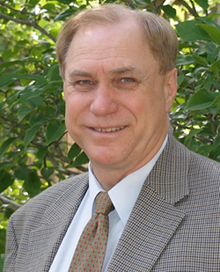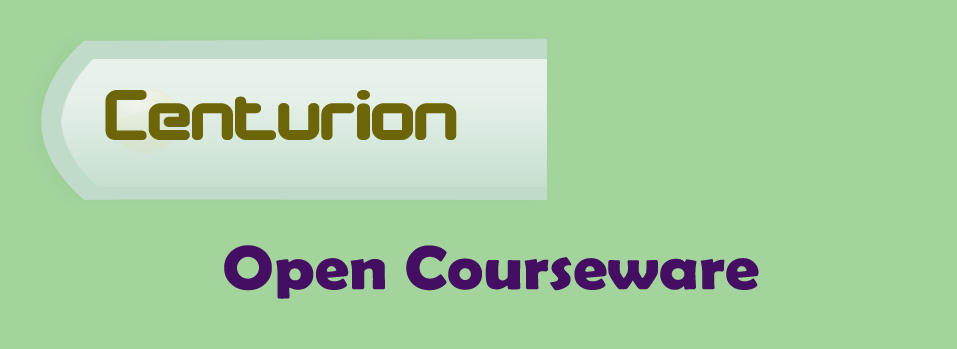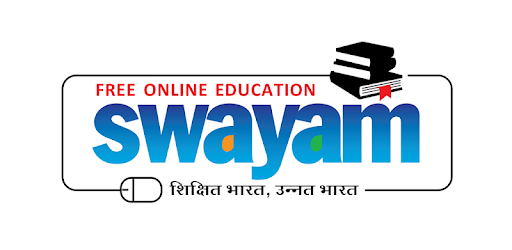Higher Studies
Centurion Open Courseware and NPTEL
Skills and Knowledge Exchange
CCSKE Faculty

Under his administration the volume and value of the OLA enterprise was more than doubled. Following his time at Open Learning Australia he moved into academic research and teaching with RMIT University, where he became coordinator of two significant courses—Marketing Management and Knowledge Management—in the MBA program at the Graduate School of Business. Since joining Centurion University in 2008, Dr Harper has been instrumental in increasing its profile and reputation in Australia, including the establishment of a partnership with the University of Southern Queensland.
Dr. Ron Harper

He has also held senior positions at the University of Wollongong after commencing his academic career at the University of Tasmania. Professor Lovegrove’s qualifications include a Bachelor of Arts, First Class Honours and Doctorate in Psychology through the University of Queensland and completion of an Advanced Executive Program from the Kellogg School of Business at NorthWestern University in the United States. Throughout his career Professor Lovegrove has developed a high-level international research profile in the areas of visual information processing and dyslexia.
For further information about the Center for Skills and Knowledge Exchange please contact one of the academics by writing to [email protected]
Professor William Lovegrove
Educational Objectives
Given its focus on skill development, Centurion university mainly focuses on the following PEOs:
1. Employability
The University, through its continuous innovative approaches is being able to surge the employability of its students. While the curriculum is maintained resilient without scope for deviations, flexibility in selection of courses that match the interest of the students is made possible through introduction of free electives.
The University also is the only one in the region to encourage industry internships as a part of the curriculum. This also leads to better placement of the students and better quality projects.
2. Higher degree or research
As the university is delivering programmes in applied fields, research spirit is encouraged among students, through undertaking live industrial or social problems as projects. The University offers specific courses which make students think originally and look for new and efficient ways of looking at problems.
3. Entrepreneurship
The University is providing business incubation support to its students, faculty and alumni to encourage local enterprise and entrepreneurship. Entrepreneurship is offered as a part of curriculum and is one of the programme goals of the academic programmes.
Academic Mentoring
The Academic Mentoring is a part of the Proctorial System. Students are counseled by mentor on their academic problems, if any and how to improve on their performance, career counseling etc. The Faculty mentor even tries to sort out issues of a student by discussing with other colleagues. A one hour slot per week is provided in the timetable for the conduct of Proctorial meeting. The Proctors interact with the Proctees in that hour is compulsory. Apart from the allotted hour, the Proctors counsel the Proctees individually as per need/ situation. The mentor focus starts from day one in the campus. After gathering full details on the strength and weakness of the student the mentor works continuously on the weak areas to enhance student attribute and engrains lifelong learning.
Programme Outcomes :
The programme outcomes are decided in line with the PEOs and are mentioned separately for every programme.
Course Outocomes:
Each course ( theory/practical/field project) is defined with clear course outcomes and they are part of the course outlines developed by the faculty.
The assessments are also aligned with the outcomes.
Graduate Attributes
Centurion University follows the graduate attributes as mandated by NBA. They are :
1. Engineering knowledge: Apply the knowledge of mathematics, science, engineering fundamentals,and an engineering specialisation to the solution of complex engineering problems.
2. Problem analysis: Identify, formulate, research literature, and analyse complex engineering problems reaching substantiated conclusions using first principles of mathematics, natural sciences, and engineering sciences.
3. Design/Development of solutions: Design solutions for complex engineering problems and design system components or processes that meet the specified needs with appropriate consideration for the public health and safety, and the cultural, societal,and environmental considerations.
4. Conduct investigations of complex problems: The problems that cannot be solved by straightforward application of knowledge, theories and techniques applicable to the engineering discipline. *that may not have a unique solution. For example, a design problem can be solved in many ways and lead to multiple possible solutions. that require consideration of appropriate constraints/requirements not explicitly given in the problem statement.(like: cost, power requirement, durability,product life, etc.).
which need to be defined (modeled) within appropriate mathematical framework. that often require use of modern computational concepts and tools.# *(Different from most problems at the end of chapters in a typical text book that allow more or less simple and direct approach àSince this explains what is meant in more detail, could be put into training or supplementary material). # (For example, in the design of an antenna or a DSP filter àExamples could be put into supplementary notes.)
5. Modern tool usage: Create, select, and apply appropriate techniques, resources, and modern engineering and IT tools including prediction and modelling to complex engineering activities with an understanding of the limitations.
6. The engineer and society: Apply reasoning informed by the contextual knowledge to assess societal, health, safety, legal, and cultural issues and the consequent responsibilities relevant to the professional engineering practice.
7. Environment and sustainability: Understand the impact of the professional engineering solutions in societal and environmental contexts, and demonstrate the knowledge of, and need for sustainable development.
8. Ethics: Apply ethical principles and commit to professional ethics and responsibilities and norms of the engineering practice.
9. Individual and Team Work: Function effectively as an individual, and as a member or leader in diverse teams, and in multidisciplinary settings.
10. Communication: Communicate effectively on complex engineering activities with the engineering community and with society at large, such as, being able to comprehend and write effective reports and design documentation, make effective presentations, and give and receive clear instructions.
11. Project management and finance: Demonstrate knowledge and understanding of t h e engineering and management principles and apply these to one’s own work, as a member and leader in a team, to manage projects and in multidisciplinary environments.
12. Life-long learning: Recognise the need for, and have the preparation and ability to engage in independent and life-long learning in the industry.



 Swayam (MHRD)
Swayam (MHRD)

